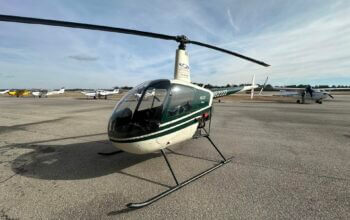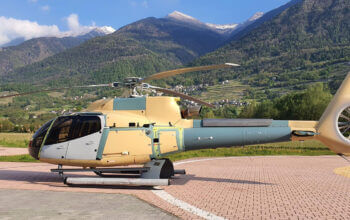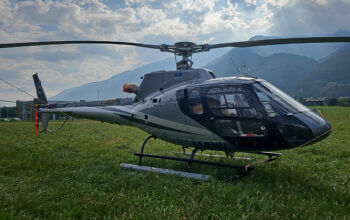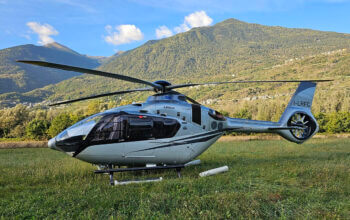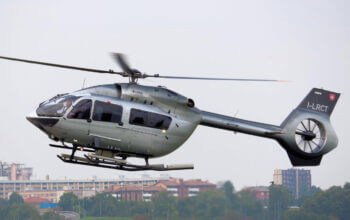Estimated reading time 4 minutes, 12 seconds.
There is no shortage of players eager to fill the void left by Air Canada pulling out of the Quebec regional market.
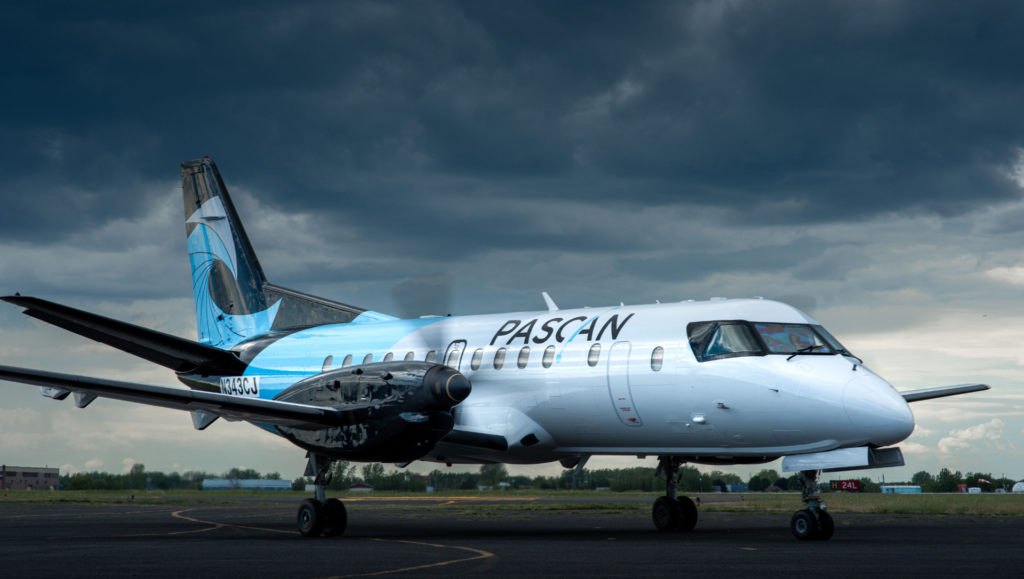
Two regional airlines, Pascan Aviation and Air Liaison, plan to expand their networks, including flights to Montreal-Trudeau International Airport. They follow the July 14 announcement that Treq (Coopérative de Transport Régional du Québec), a new co-operative airline, is also looking to start regional service. Treq couldn’t be reached for comment on whether the latest announcement will affect its plans.
St. Hubert-based Pascan, across the river from downtown Montreal, hopes to begin flying this September into Trudeau from its eight destinations throughout Eastern Quebec to connect passengers to domestic and international flights.
The airline plans to add two more destinations, Gaspé and Baie-Comeau, to its network. The carrier had originally dropped Baie-Comeau in January after a cargo-delivery contract ended. It is also in the middle of a fleet transition, replacing its six Jetstream 32s and one Pilatus PC-12 with SAAB 340Bs. It has already received one 340 and expects to receive six more by next summer, according Pascan co-owner Julian Roberts.
“We have financing from Jetstream Aviation Capital of Miami for the potential delivery of up to 30 SAAB aircraft if we need them,” he said.
Asked if there was enough business for all three players to survive, Roberts noted that Pascan has been around for 22 years, survived when Air Canada got a government grant in 2004 to expand its regional network in the province and also survived when the bottom fell out of the mining sector in 2013.
Air Liaison flies to 13 destinations from its Quebec City base and hopes to add Montreal-Trudeau next month, with the possibility of Val-d’Or and Mont-Joli joining its network as well. It operates six Beechcraft King Airs and three Beechcraft 1900Ds.
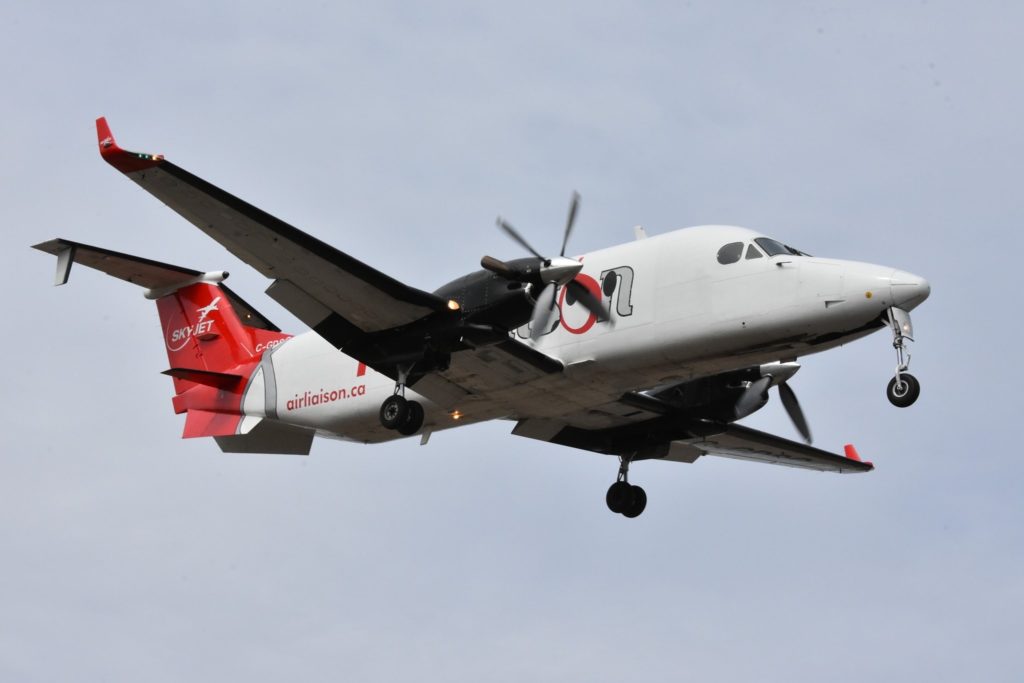
“We had already planned to fly to Trudeau before Air Canada pulled out. Now, we just have to accelerate the process,” said Pierre Tremblay, director of corporate affairs at Air Liaison. “If we need bigger planes, we’ll do it.”
But Tremblay has one important caveat.
“If we put the effort into improving our network, we expect to have the support of authorities in each of the regions involved. The goal is to find a long-term solution. If we put money into buying new planes, we need guarantees that Air Canada will not come back.”
Earlier this month, Marco Prud’Homme, president of Nolinor Aviation, had serious doubts about his company’s interest in the vacancy left by Air Canada. He was wary of the possibility of governments providing financial incentives to Air Canada.
“We’ve been burned many times,” he told the French-language daily, La Presse. “In the beginning, when I was younger, Gaspé or the Magdalen Islands would call and I wouldn’t sleep at night, and I would start thinking about how to find planes, etc. I’d get burned. Then, overnight, the government reached an agreement with Air Canada, and everyone forgot about us.”
Neither Pascan nor Air Liaison, however, say they have yet felt the positive effects of Air Canada’s departure on their booking volumes. Some Air Canada routes have not yet ended.



